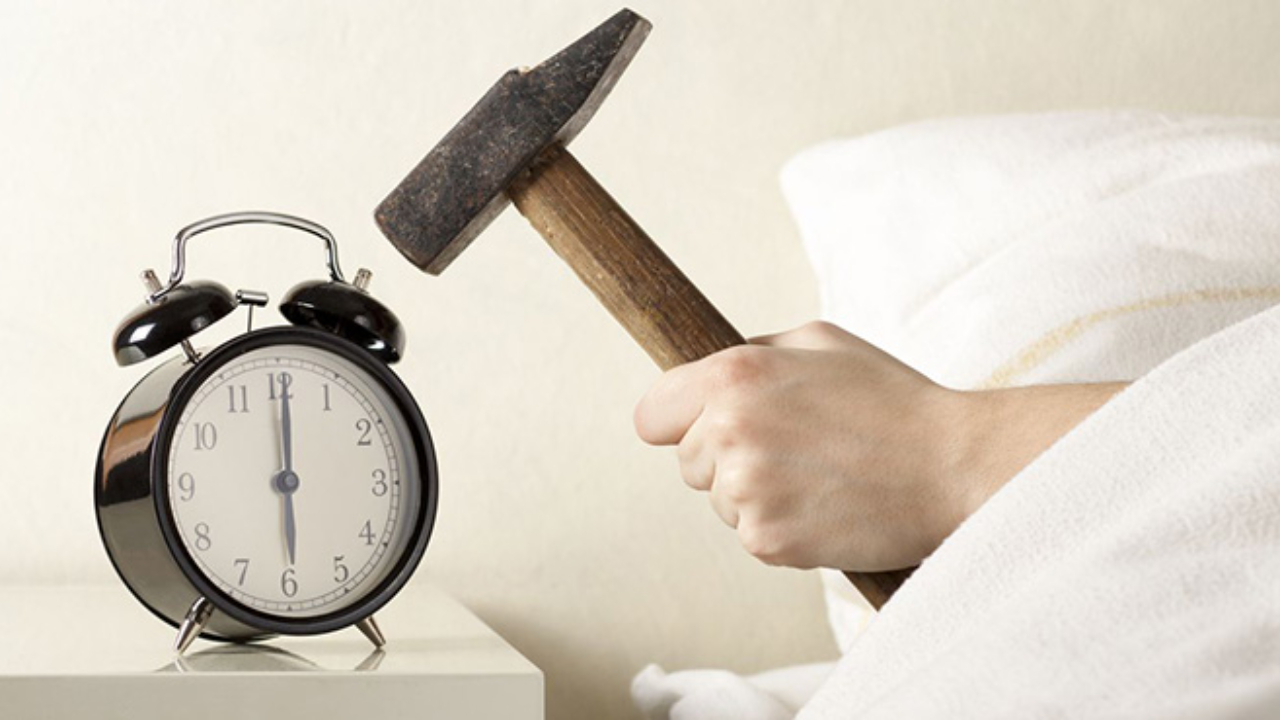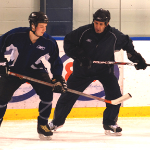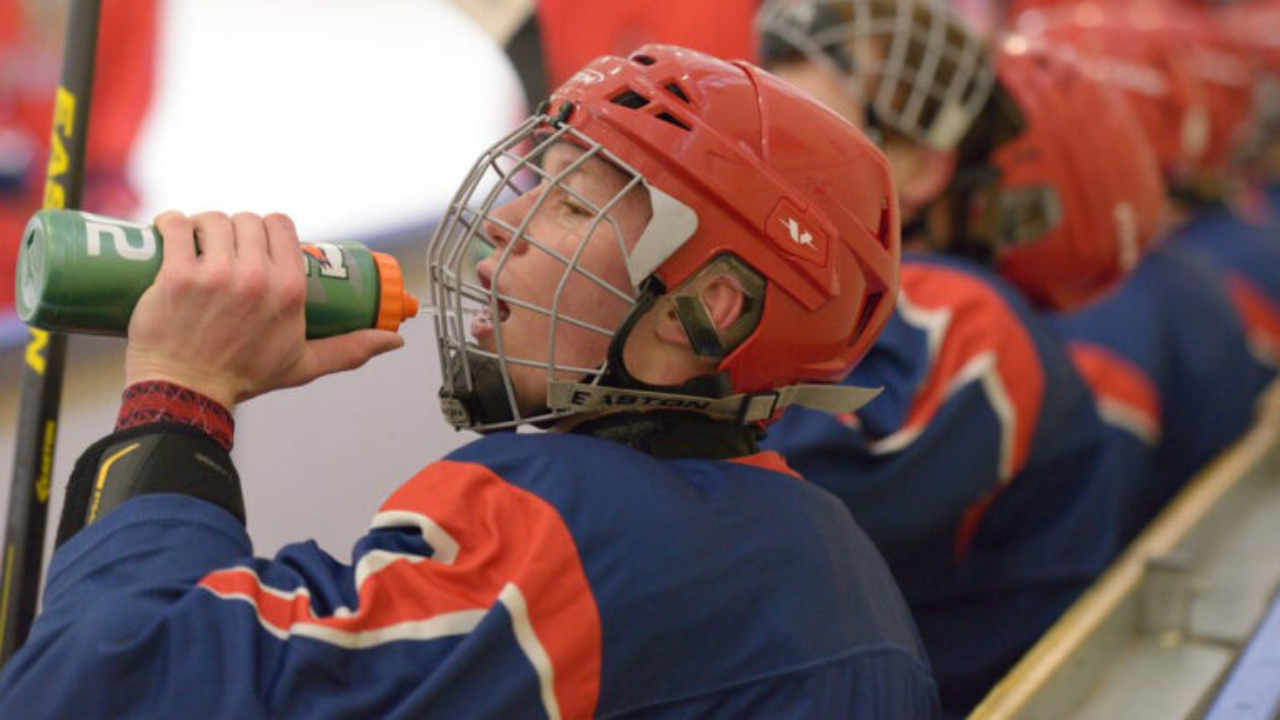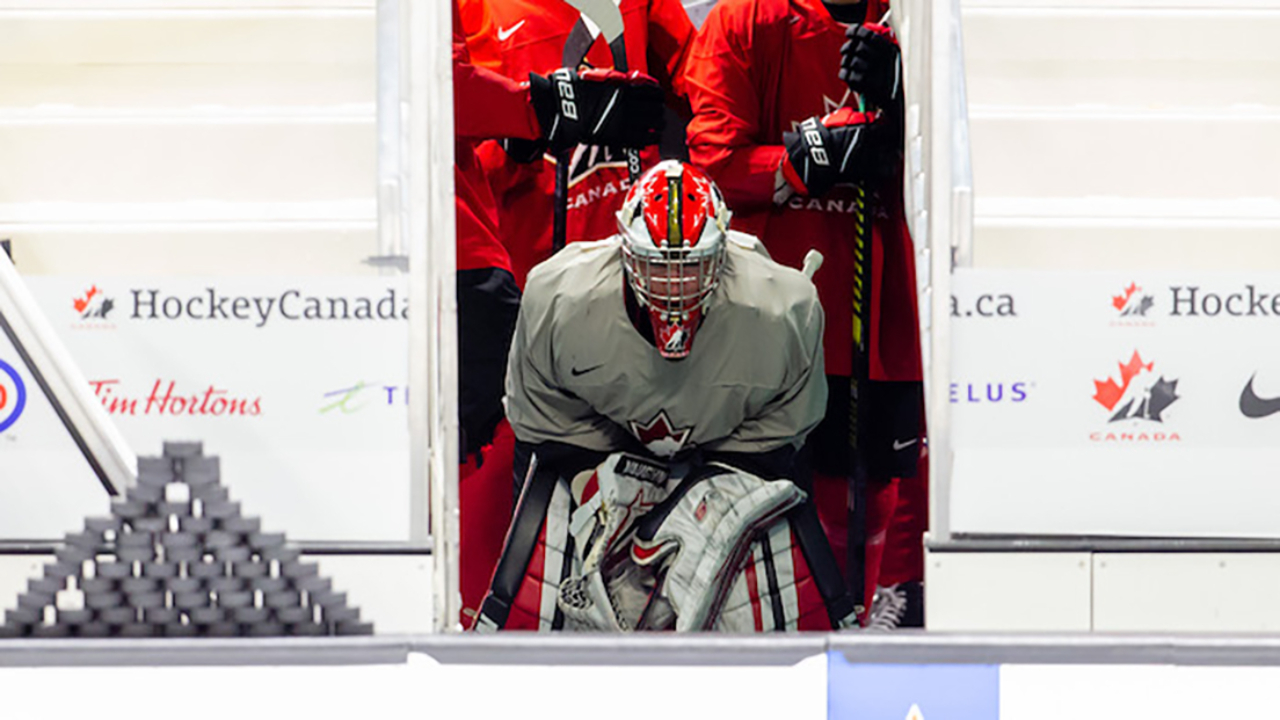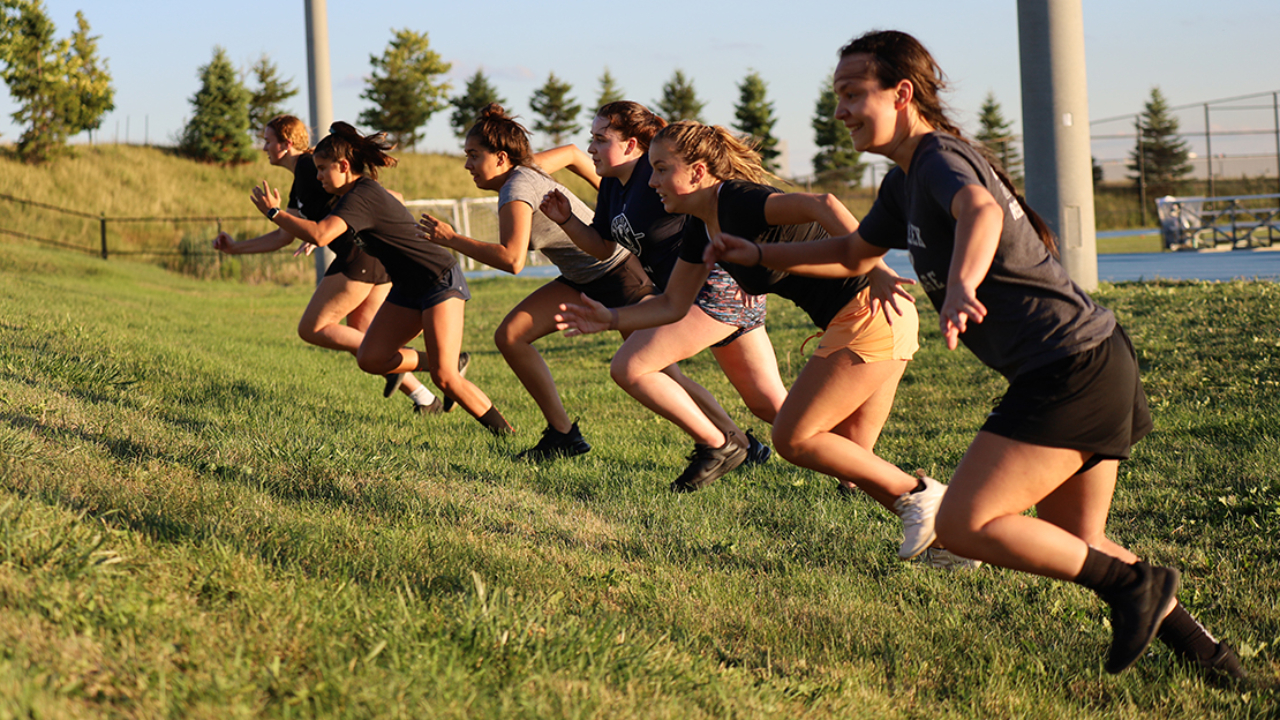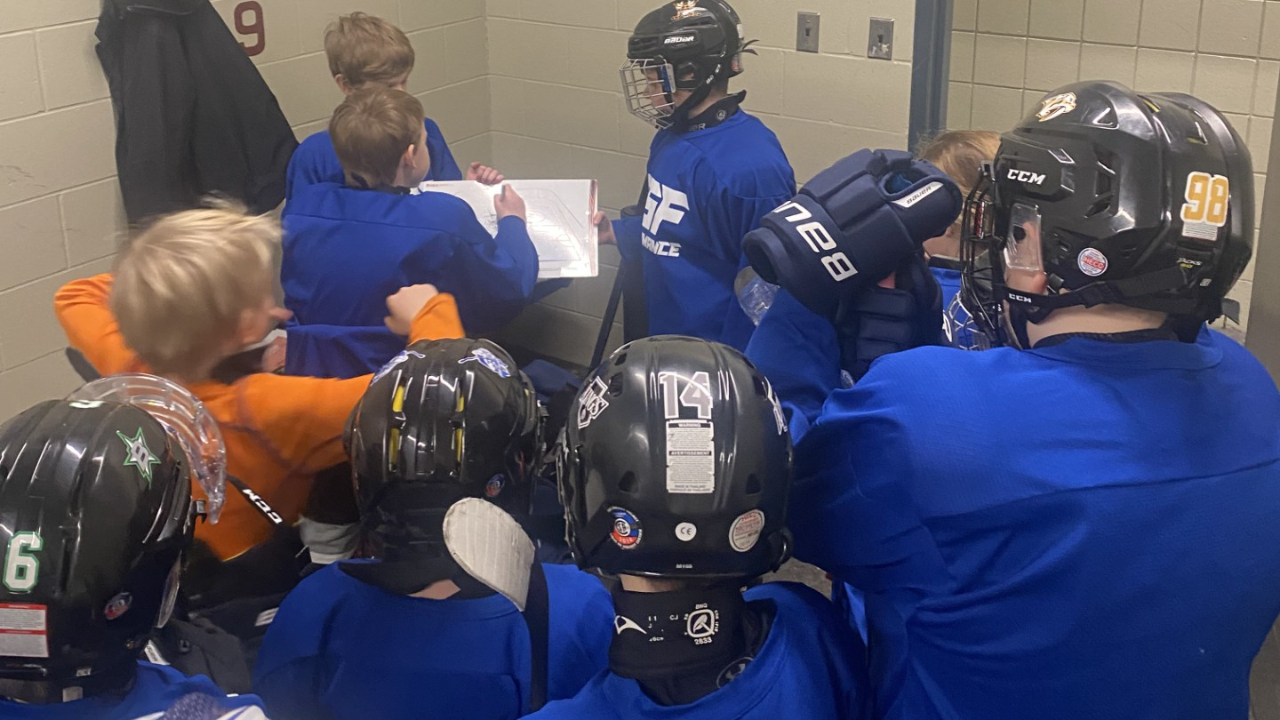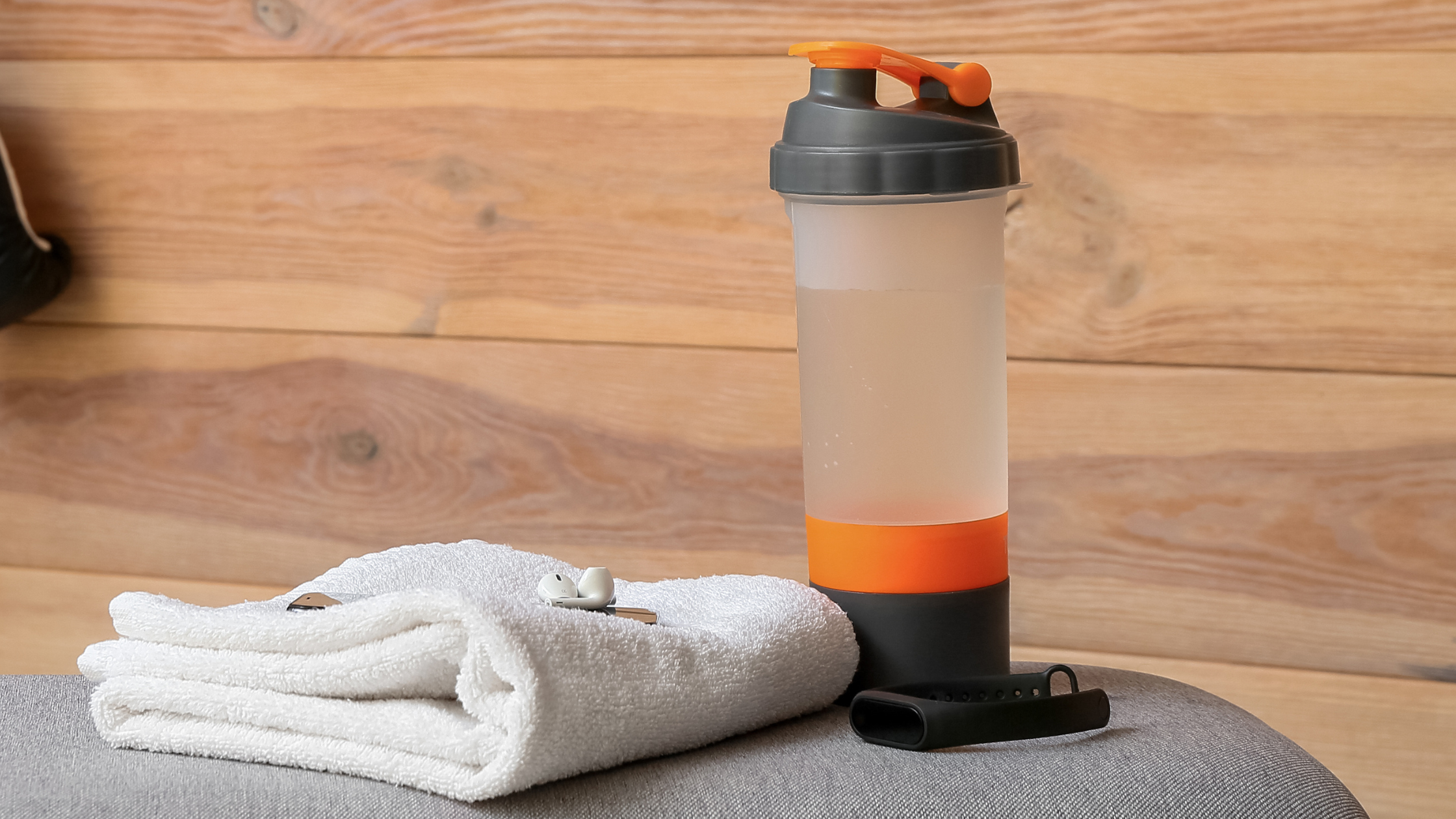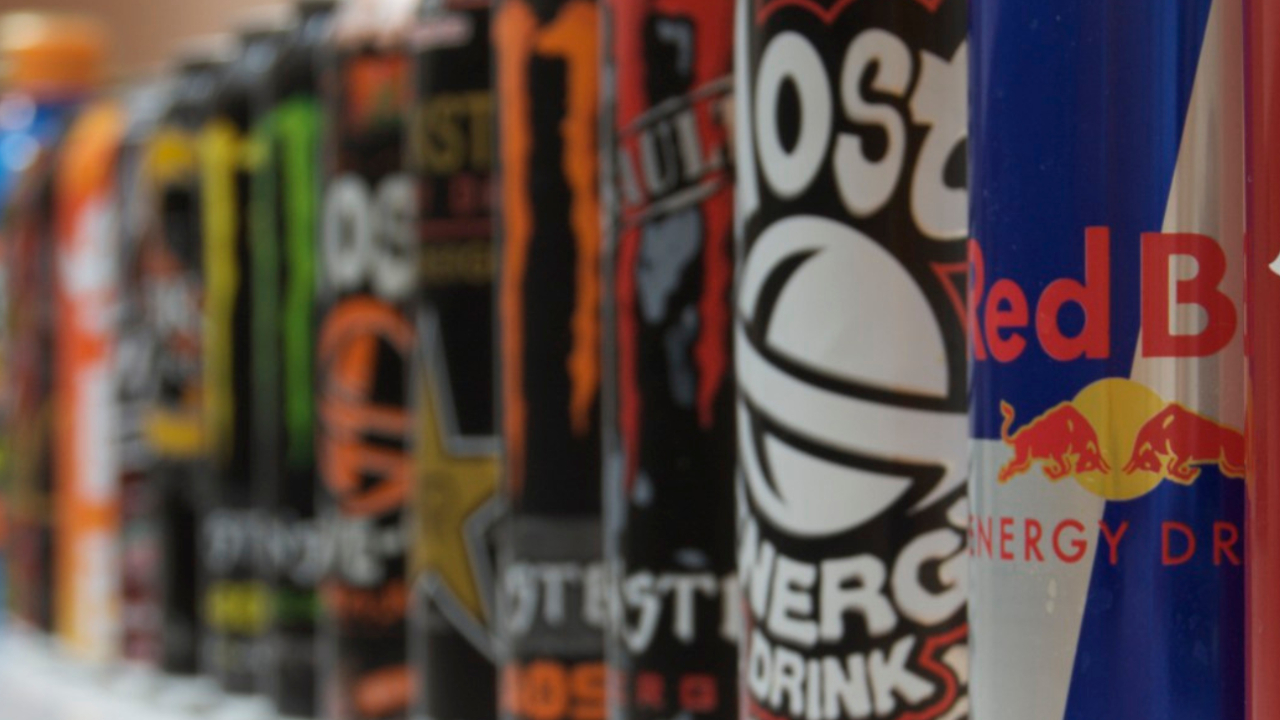
It's highly likely you've seen an energy drink in a player's hand. While they think it's a sure-fire option for an energized practice or game, it's really a flashing neon sign saying "I'm not prepared to play."
Especially for youth and teen athletes.
A strong foundation of solid fueling, hydration, sleep, and stress management is important for all athletes. But, for developing athletes it's essential... yes, even the athletes that look like grown adults: their bones are still calcifying until age 21, and neurological pathways are developing until 25.
When athletes are utilizing energy drinks to get through practices or games, it's a telling sign that their foundation isn't strong enough to thrive through practices and games.
Why does it matter? Athletes using energy drinks are at greater risk for
- injury
- diminished hand-eye coordination
- headaches & migraines
- seizures, heart attacks & heart damage (FYI... make sure you know where the closest defibrillator is if you see an athlete with energy drinks before or during workouts!)
Not only are they jeopardizing their own performance, but decreased hand/eye coordination and fine-motor skills means passes and shots will be off affecting the entire line and team.
Even though energy drink cans may state caffeine content, the caffeine effects of added herbal stimulants (some often included on banned substances lists) aren't incorporated into listed caffeine amounts. Certainly caffeine increases heart rate. But, activity and dehydration (common during workouts, especially for athletes with weak foundations) also increase the heart rate. This triple whammie can have a dramatic, negative effective performance consistency, accuracy, and overall health.
Likewise, the use of energy drinks (even on off days) interrupts quality sleep cycles. Since sleep is when the body recovers, repairs, and grows, athletes who rely on energy drinks are decreasing their ability to effectively recover between workouts/games AND they're impacting potential developmental growth and strength... both increasing their risk of injury.
In addition to the physical risks, this heightened state also affects athletes ability to navigate the neurological pathway between emotion (amygdala) and reason (prefrontal cortex) which can lead to heightened emotions and/or aggressive behaviors. Considering this pathway is a work in progress until approximately age 25, youth/teen athletes don't need added roadblocks to making rational decisions!
Unfortunately, energy drinks are only one mistake in the flood of misinformation youth and teen athletes see, hear, and practice regularly: supplement powders, "drink a gallon of water", and post workout / between game protein advice also set them up for poor performance, reduced recovery, and compromised growth.
3 ways youth/teen athletes can increase energy without risky energy drinks?
- Carbohyrdate refuel: within 30-45 minutes post workout
- Take advantage of naps: until approx. age 18, the 7-10 hour sleep recommendation is over a 24 hour period
- Fueling consistency: youth and teen athletes' bodies can't store as many carbohydrates as an adult, and their bodies are using them continuously for sport and growth. Nutrient-dense meals & snacks every 2-3 hours (with consideration to practice/game times) is crucial for avoiding energy spikes and crashes.
Obviously you expect your players to show up prepared to play, but how they're showing up for themselves the other 22 hours a day they aren't with you determines the athlete that will actually arrive to play.
Want to make sure your athletes are strengthening their foundations with age-appropriate and accurate information? Let's chat.



